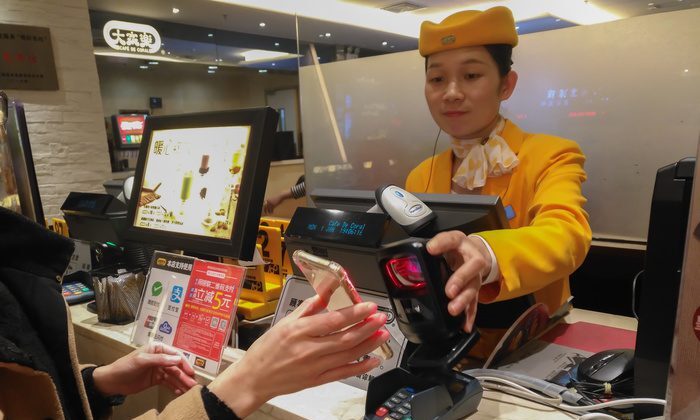China may be the world’s fastest-growing cashless society. The county is the world leader in mobile payment transactions—far ahead of the US. With more and more people becoming comfortable with technology and almost everyone using smartphones, the transition to a cashless society becomes both easier and that much more inevitable.
In a cashless society, people do not use banknotes or coins, but rely instead on electronic payments via mobile phones or credit cards. Needless to say, this comes with many benefits. First of all, it removes the hassle of carrying your wallet everywhere, reducing theft considerably. This remains true even with the risk of “new age” crime such as cyber attacks.
Corruption is also reduced as a country moves towards a cashless economy, as everything is tracked. Illegal cash-based transactions are put under check. Money laundering can be wiped out completely.
Perhaps the most appealing thing about cashless societies is that they are quick and efficient. People don’t have to wait in line pay or receive change. This makes it easier for them to to spend more money overall. There’s no more hesitation about having exact change or mulling over whether the line to the cash register is worth waiting in. Electronic payments eliminate this problem.
In China, the two most common payment methods are Alipay and WeChat. These two apps are on almost everyone’s mobile phone. With the emergence of a middle class and the availability of many new, affordable smartphones, using Alipay and WeChat has become a reality for almost everyone.
As these apps are connected to a person’s local bank account, any transaction becomes a simple matter of scanning QR codes. Money is transferred instantly, without any extra charges. It’s so simple and fast, in fact, that even beggars are on board with the technology!
With so many benefits (and clear appreciation of) cashless options, societies around the world are sure to follow China’s example.



